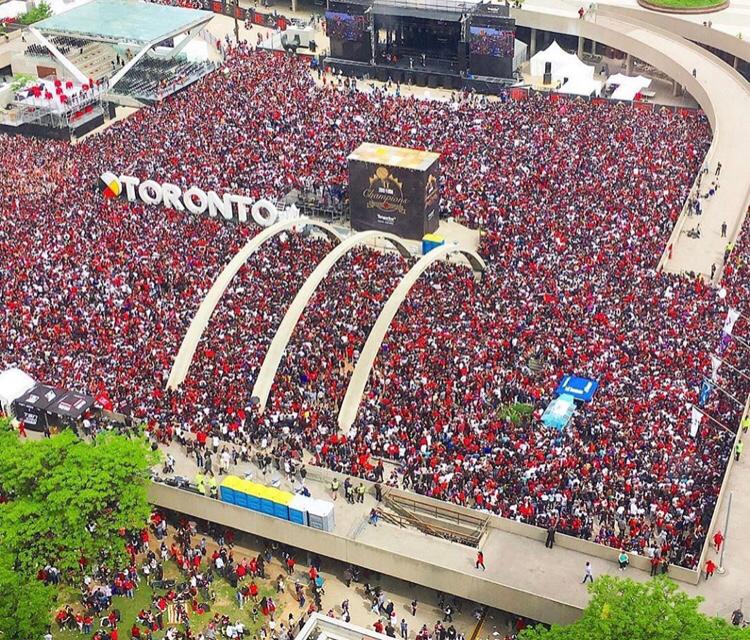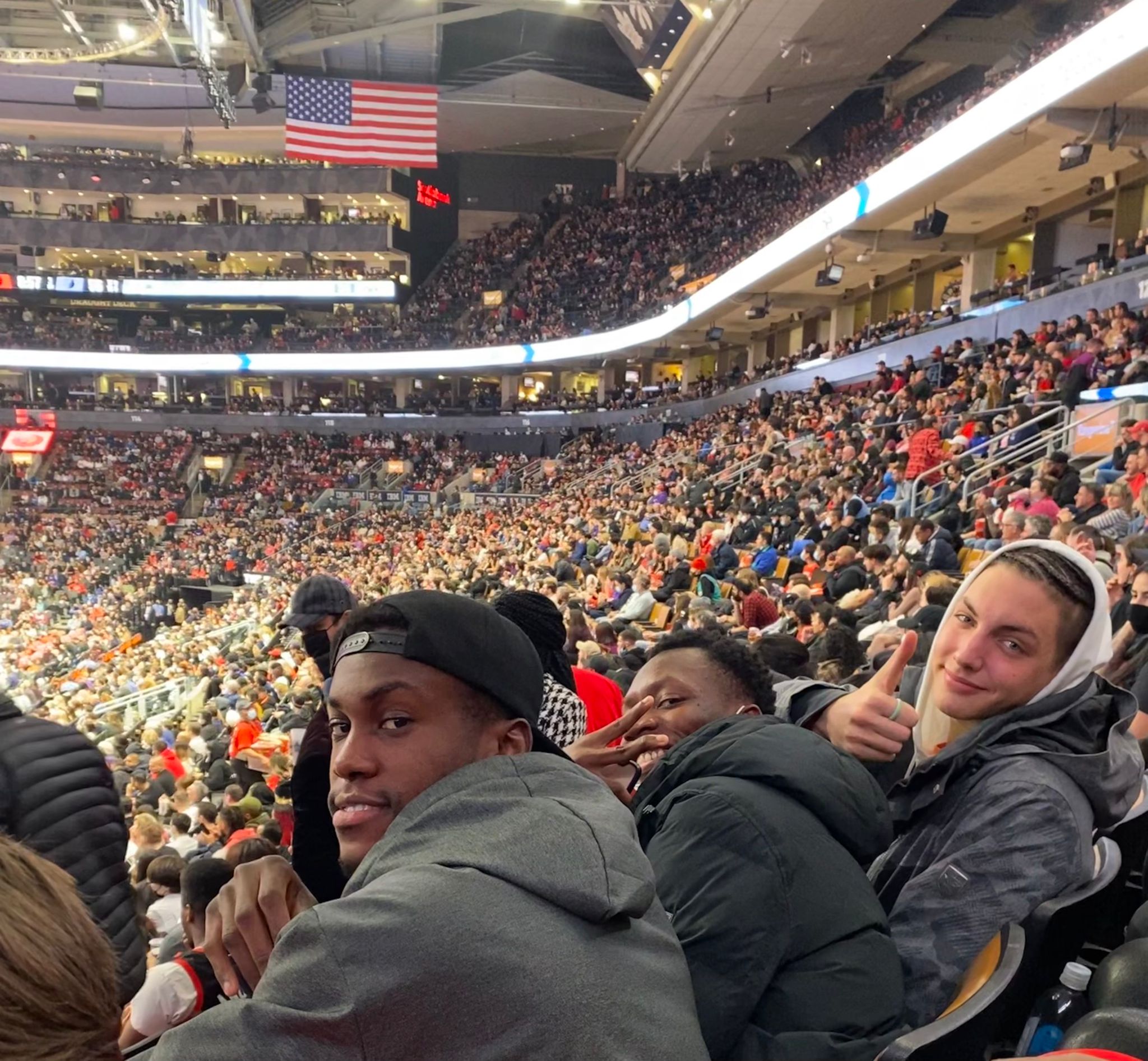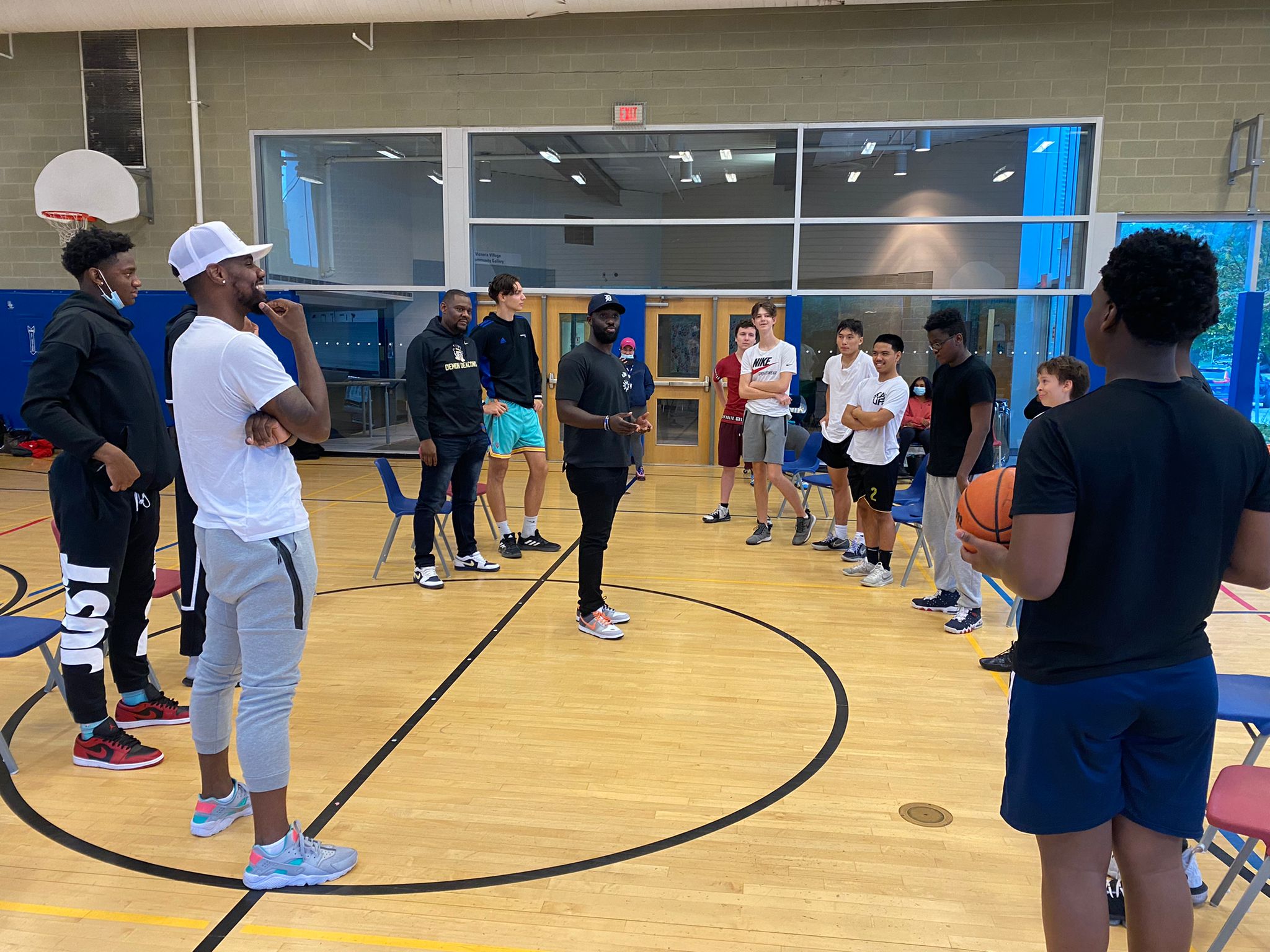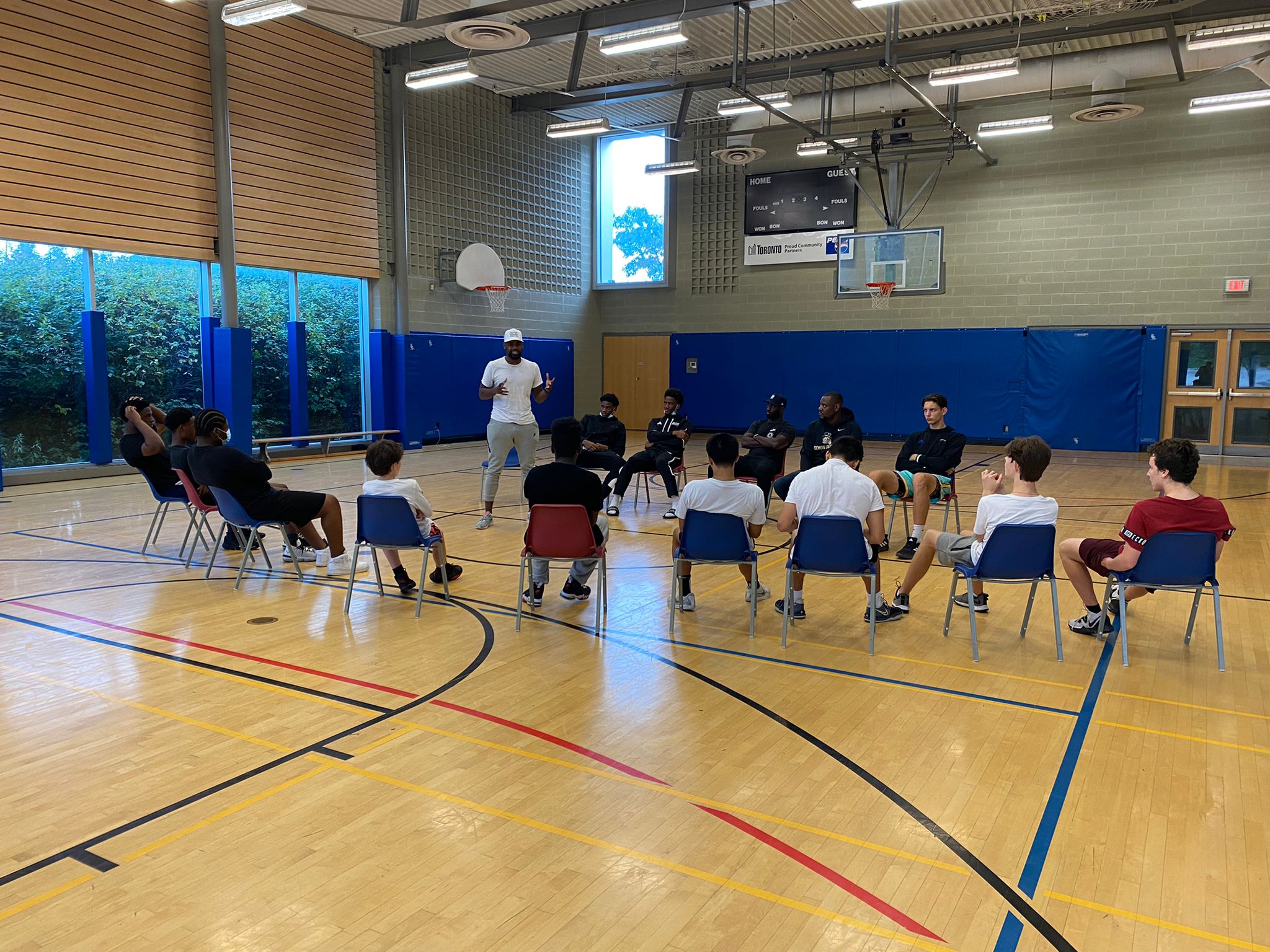





Mission:
i. To facilitate the transition of International Student-Athletes to Canada, resulting in greater access to education, scholarships, and better quality of life.
Three out of four African students (75%) who applied for study permits in Canada between January to May of 2019 were denied, according to released data from Immigration, Refugees, and Citizenship Canada (IRCC). The average global rejection rate is 39%.
Reasons for rejection of a Study Permit often include lack of funds, fraudulent applications and suspicions that applicants won’t return to their respective home country.
The study permit refusal rate for Africans seeking a first-class education and a better quality of life in Canada has increased dramatically in recent years. An example is the rejection rate of Nigerian applications rising from 55% in 2013 to 81% in 2018.
Our organization assists families of Student-Athletes from Africa in overturning the rejection of Study Permits via the advancement of correspondence between iBall Canada Cares Community Organization, Members of Parliament, and IRCC.
On behalf of the millions of marginalized, underserved youth across Africa, we’ve also committed to subsidizing the cost of living necessities to supplement International Scholarships Student-Athletes receive to attend developmentary institutions across the Greater Toronto Area.
Reading Materials:
- Some Quebec colleges say Ottawa denies 80-90% of study permits from Africa
- Canada Admits Racism In Its Immigration System, Vows To Do Better By African International Students
ii. To foster inclusive, connected communities via Camps, Workshops, Clinics, Awareness Events, and additional iBall Canada initiatives.
According to the Ontario Ministry of Children and Youth Services’ Roots of Youth Violence report, MVP youth (Most Vulnerable People) is an acronym used to describe youth who face various intersecting barriers affecting resilience and vulnerability to involvement in serious violence and crime.
Barriers and repetitive roots of vulnerability plaguing MVP youth across Ontario are systemic racism, community design, the education system, the justice system, family affairs, physical and mental health and lack of economic opportunities such as poverty and systemic employment barriers.
The media acknowledges the surging numbers in Toronto gun and gang-related violence over the past five years as symbolic of this devastating period for youth violence and homicide in the city. As of the end of 2019, the number of shooting victims in Toronto has tripled since 2014. As of November 5, 2021, Toronto has seen 74 shooting-related homicides compared to 61 in 2020.
Our programming connects youth from various Neighbourhood Improvement Areas (NIAs). The objective is to help address, understand and overcome the barriers and repetitive roots of vulnerability mentioned above, develop confident young leaders and advance inclusivity among our communities!